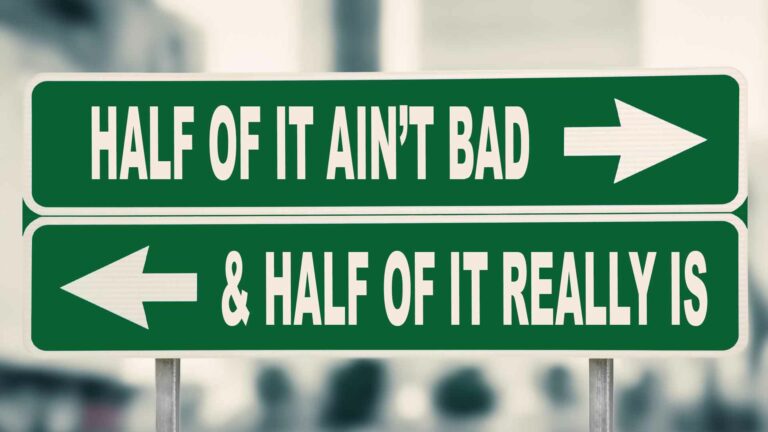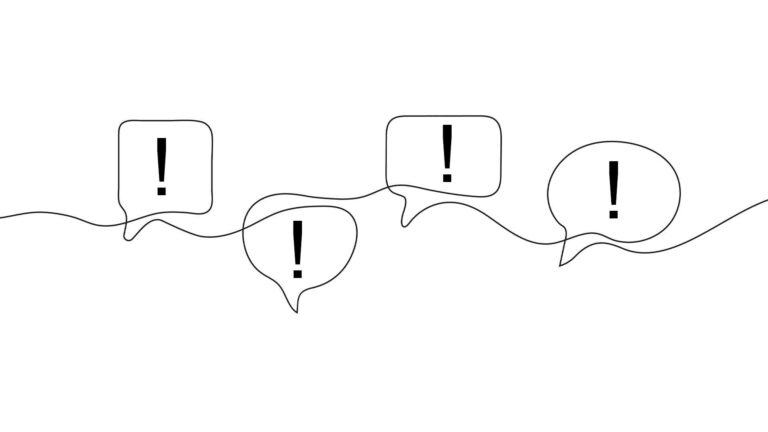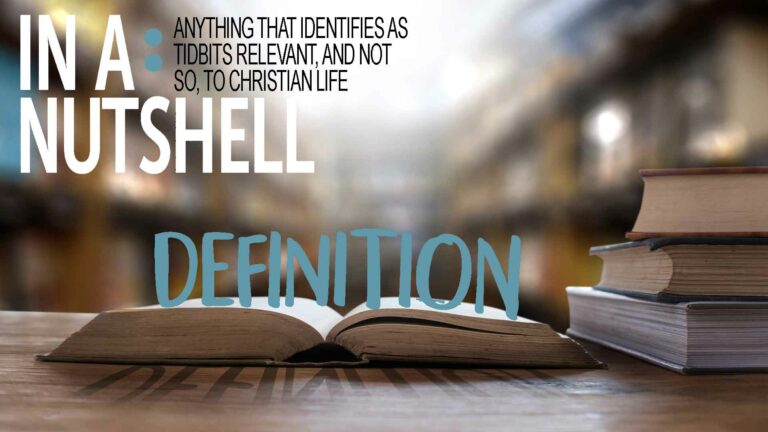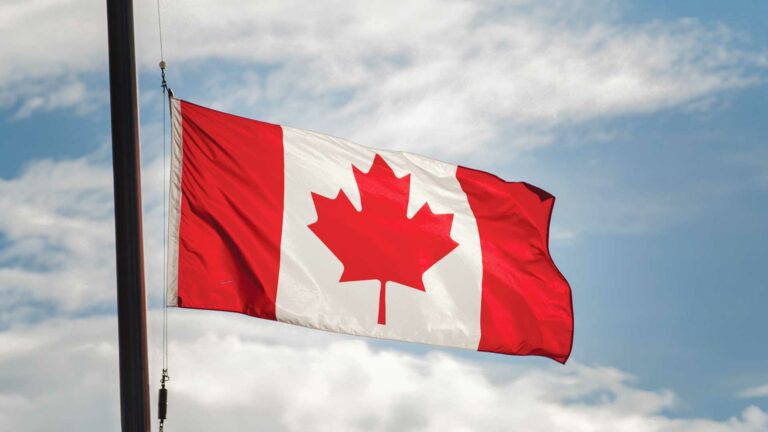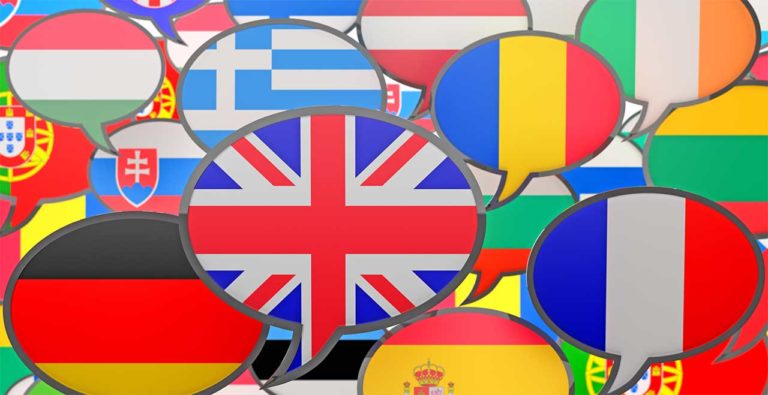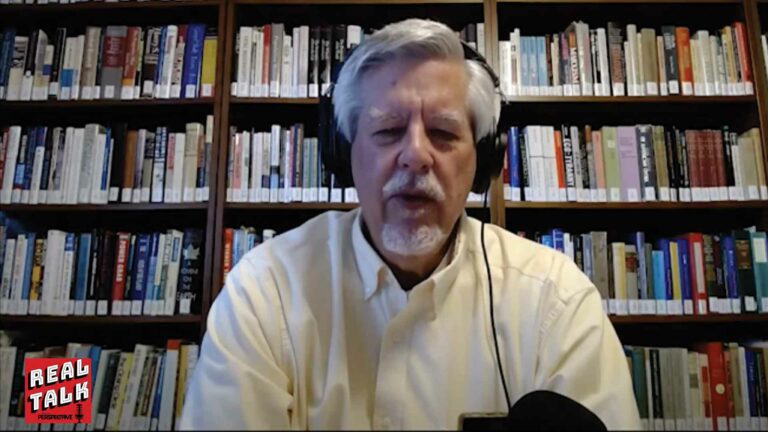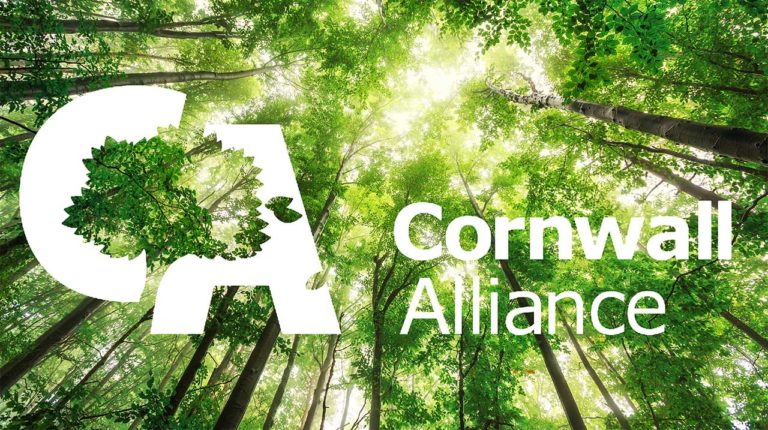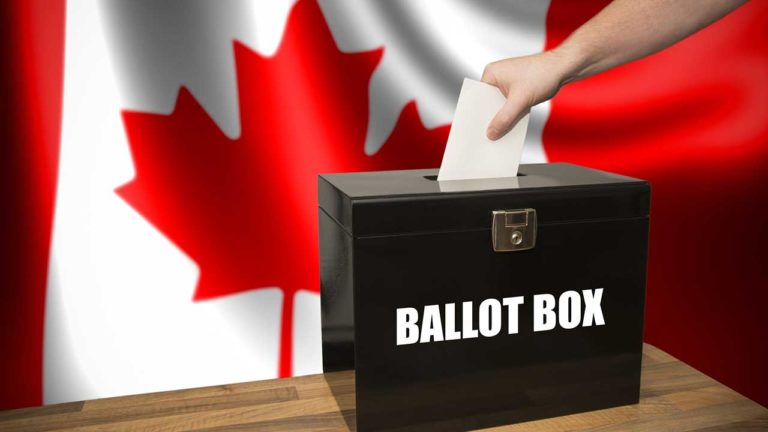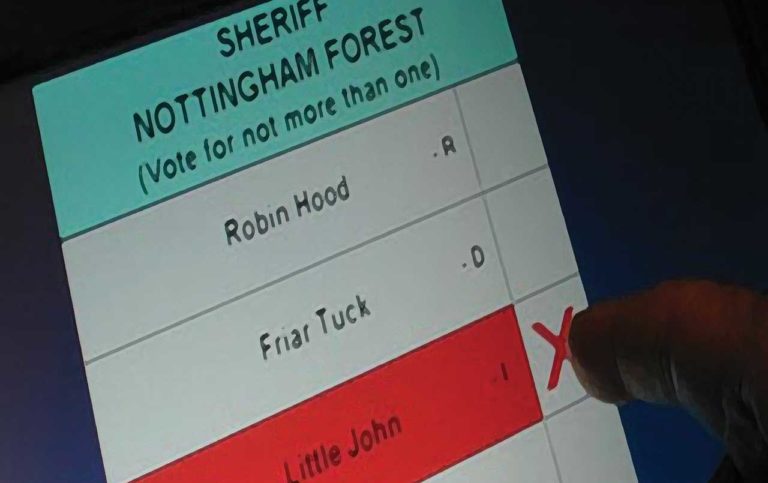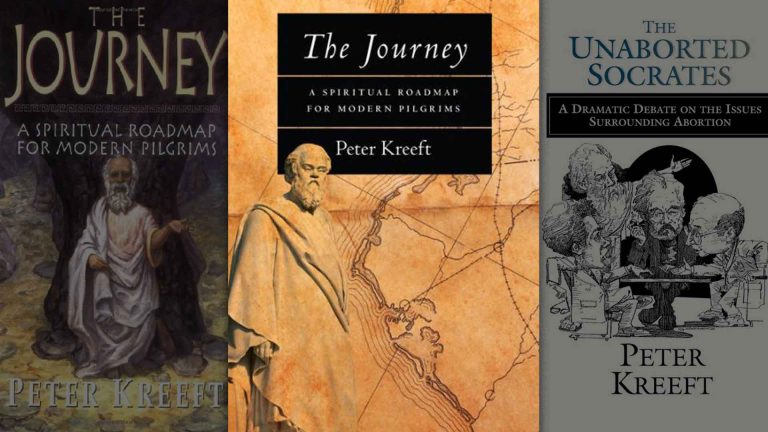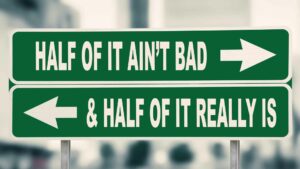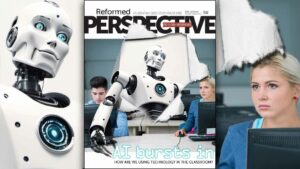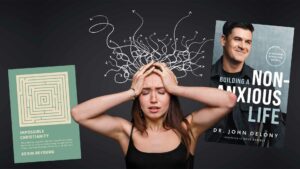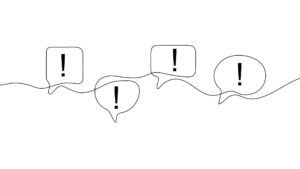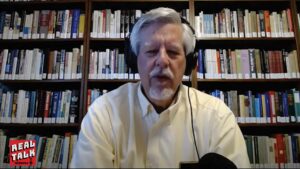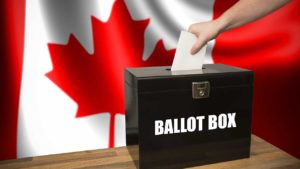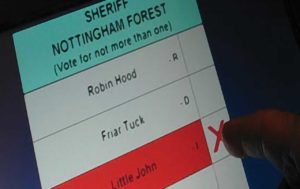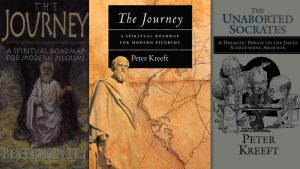News
Saturday Selections – April 20, 2024
Painting without a license could soon be illegal in Minnesota
Government growth is like the slowly rising temperature that eventually boils the frog in the pot alive – so long as the red tape grows only bit by small bit, we don't really protest.
Here then, is a cup of cold water (or some sharp scissors if we're going with the tape metaphor) to shake things up and highlight how the government will regulate everything if we give them the chance. Christians should lead the resistance to growing government, since we understand that God didn't entrust our leaders with the responsibility of managing every aspect of citizens' lives. And we know that limited fallible human beings aren't up to the enormity of that task.
3 things a Christian should consider before serving in the military
This short piece has an American focus but offers thoughts for Canadians to consider too. Since it was written in 2017, both nations' militaries have taken an ideological turn, so more could be said, which Aaron Renn does here.
Today's music really is angrier, more egocentric
A new study says it isn't just your imagination, Mom and Dad; song lyrics really are getting more repetitive, "me" and "mine" are popping up more often, and the tone of the lyrics has gotten angrier over the last 40 years.
We're all Christian Nationalists now
I prefer the term "Christian patriotism" to "Christian Nationalism" due to the latter's many conflicting definitions. But, as Larry Ball suggests, if we run with the definition of Christian Nationalism that the secular media is increasingly using – as Christians who think our rights come, not from the State, but from God Himself – then we are all Christian Nationalists now.
What are the reasons disability exists? (10-minute read)
AJ was struck with a progressive neurological disability that put him in a wheelchair as a young man. He had questions for God... and he went to Scripture to hear what God had to say.
Were the Greek gods real?
Douglas Wilson makes things clear with this "yes and no" answer.
Interview with an artist
Hetty Veldkamp’s landscapes began with a birthday
Interview with an artist
*****
 Lighthouse at Snug Harbour
Lighthouse at Snug Harbour
36" x 24”
“Taken last year when a friend gave us a boat ride to Snug Harbour, near Killbear Park. As we were entering the harbor, the sun was low and casting a warm glow on everything. It was such a beautiful moment and i tried to capture it in this painting.”
Years ago, Hetty Veldkamp retired from a successful career in graphic design to raise her family. But then, two decades later, a birthday gift she created for her husband launched her second artistic career, this time as a landscape painter.
She’d always been drawn to art. When she was younger Hetty would often create pencil drawings, just for fun, based on photos from magazines or advertisements. Her high school art teacher saw potential in her work and encouraged Hetty to consider art as a career.
After studying illustration and graphic design at Sheridan College, Hetty accepted a job as a graphic designer/coordinator with the Alberta government’s Public Affairs Bureau. She designed brochures, report covers, and logos for the various government departments. Then in the evenings Hetty would work on freelance projects or paint small watercolor paintings which she sold to friends and colleagues. “I was busy with everything art.” But when she and her husband decided to have a family, Hetty took a break from art-making.
That break would last 25 years.
For as long as she can remember Hetty has also been drawn to nature. She grew up beside the sea, living in a quaint fishing village in the Netherlands. She later settled in the rural Niagara Region in southern Ontario after immigrating to Canada with her parents. In the years that followed, Hetty and her family explored the many different regions of Ontario’s “cottage country” and Hetty became “hooked on the peace and beauty found there.”
“I have always enjoyed the great outdoors, hiking, camping, and cottaging. The vistas of Northern Ontario, Kilarney, Algonquin, and Killbear Provincial Parks; Georgian Bay and the landscapes of northeastern Ontario are a real inspiration to me.”
 Lily on a Summer Day
Lily on a Summer Day
40" x 20"
“This one was inspired while kayaking near a friend's cottage. It was summer and so peaceful, the lilies just seem so calm and serene. Lilies are a popular subject, and I paint them often.”
For her, they all brought the words of Psalm 8 to mind; “How majestic is your name in all the earth!”
It was those experiences and memories of those landscapes, previously painted by members of the famous Group of Seven, that inspired Hetty to pick up her brushes again. First she painted a painting as a gift to her husband for his birthday. She didn’t stop there. Many more paintings followed, some successful and some not so much. But Hetty persevered. She now has no problem selling everything she produces. Scenes of Ontario’s north feature prominently in her vast portfolio on her website. Judging by the number of paintings that are labeled “SOLD,” the scenes are popular with buyers too!
Hetty lives and works in Richmond Hill, Ontario. Working primarily in oil paint she works to capture her love of the outdoors and the peace she finds there.
“The lakes, trees, islands and rocks are beautiful; the ever-changing skies and water continue to inspire me.”
I remember Hetty speaking at my high school for a career day – she was one of the people who inspired me to pursue illustration and design. I even studied at the same college as she did!
You can see more of Hetty’s artwork on Facebook, Instagram, or at ArtByHetty.com. You can also email her at [email protected].
Jason Bouwman loves landscape painting too. Find his work at JasonBouwman.com and send him suggestions for artists to profile at [email protected].
Today's Devotional

April 25 - The fruit of the Spirit - Faithfulness
“It was to show His righteousness at the present time, so that He might be just and the justifier of the one who has faith in Jesus.”- Romans 3:26
Scripture reading: Romans 3:21-31
Yesterday, we considered John’s statement that God is faithful to forgive our sins. But what does he mean when he says that God is also “just” to forgive our sins?
…
Today's Manna Podcast

The Means of Grace: The Heidelberg Catechism
Serving #458 of Manna, prepared by Jake Torenvliet, is called "The Means of Grace" (The Heidelberg Catechism).








